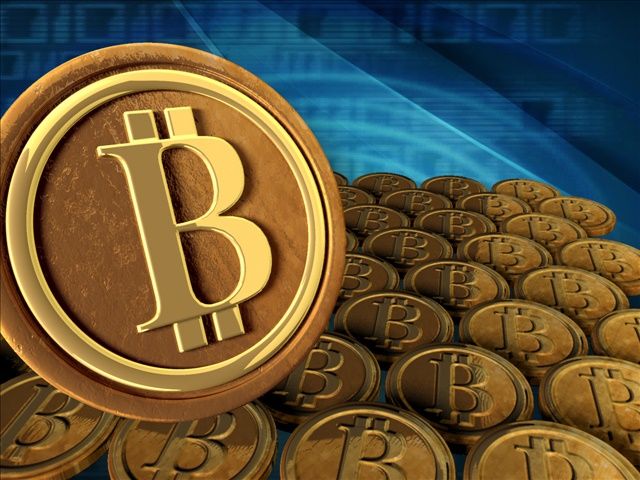HARLINGEN — So how much is that $20 bill worth?
Not as much as it used to be worth, that’s for sure.
But when it comes to currency, particularly virtual currency like bitcoin, the answer to that question is a bitcoin is worth what everybody agrees its worth.
Bitcoin is at the forefront of a wave of digital cryptocurrencies that are bought, sold and used on the Internet just like cash. Or if not cash, used as you would a debit or credit card to purchase a product.
The rationale for using bitcoin is that the number of bitcoins is limited, so investing in bitcoin is regarded as a hedge against inflation.
Precious metals like gold used to fill that financial niche, but bitcoin is far easier to move and use than physical gold which an investor has in his or her hands.
Bitcoins are produced by a process called “mining.” There is an upper limit of 21 million bitcoins that will ever be mined (hence the hedge against inflation; there’s no government to increase the amount of money in circulation, which lowers the value of a dollar, euro or renminbi).
For the rest of this story and many other EXTRAS, go to our premium site, www.MyValleyStar.com.
Subscribe to it for only $6.99 per month or purchase a print subscription and receive the online version free, which includes an electronic version of the full newspaper and extra photo galleries, links and other information you can’t find anywhere else.
Mine bitcoins: You have to be pretty computer-savvy, but it can be a way to build a bitcoin pile.
Invest in a popular online exchange: You can set up an account and exchange your currency for bitcoins. Some of the largest bitcoin exchanges are Bitstamp, Bitfinex and Coinbase.
Go to a bitcoin ATM: Bitcoin ATMs at the HandleBar bar and Central Texas Gun Works in Austin, the University of Houston, and Pop Diner and Buzzbrews in Dallas.
– Invented by Satoshi Nakamoto in 2008.
– No bank is involved, transactions are peer-to-peer using Internet
– Merchants don’t pay a 2-3 percent surcharge imposed by credit card companies
– Access to bitcoin accounts is allowed only using a digital key
– Little governmental regulation
– Without that private key, the bitcoin funds are lost
– Bitcoins can be “broken” into smaller denominations, called millibitcoin (0.001 bitcoin), microbitcoin (0.000001 bitcoin) and satoshi, one-millionth of a bitcoin




